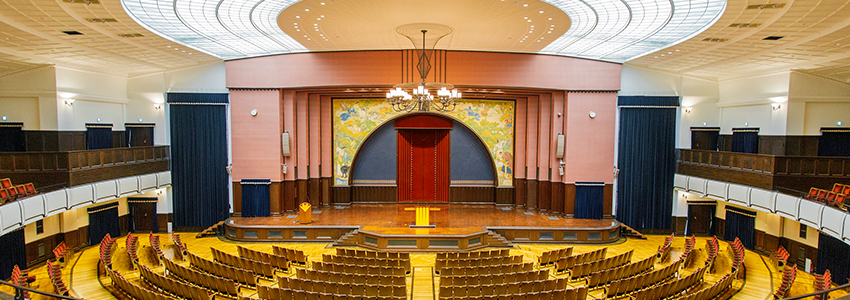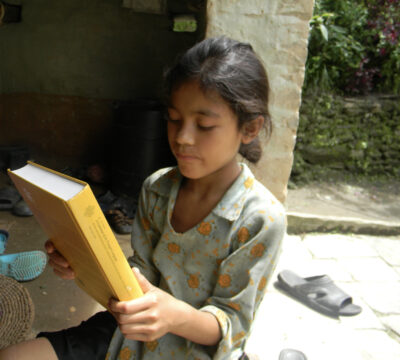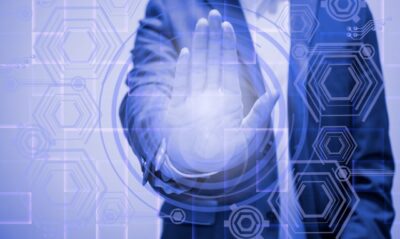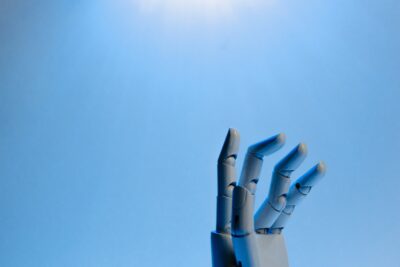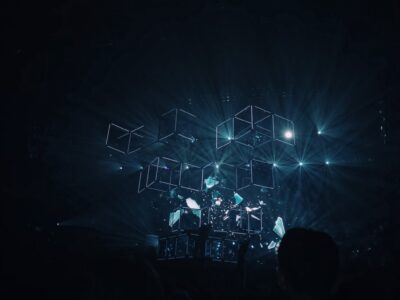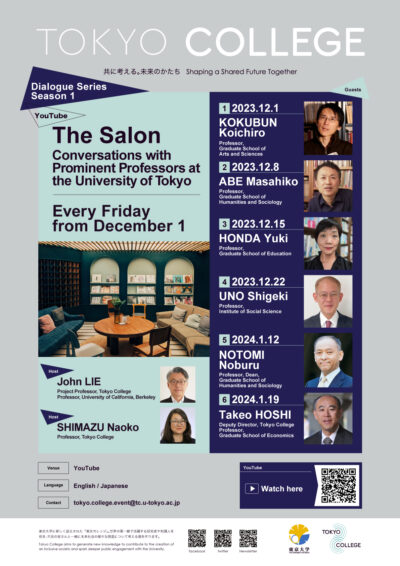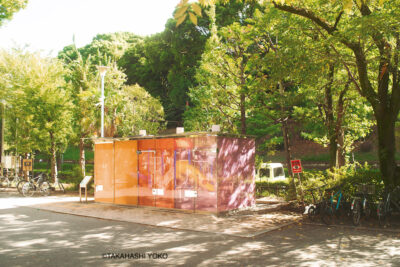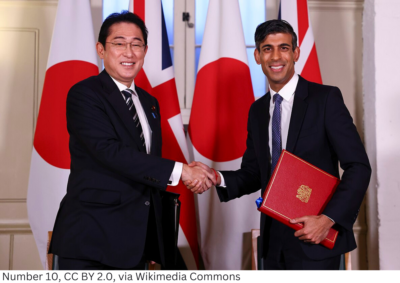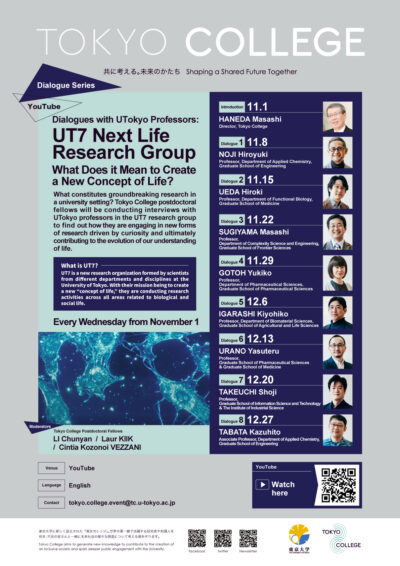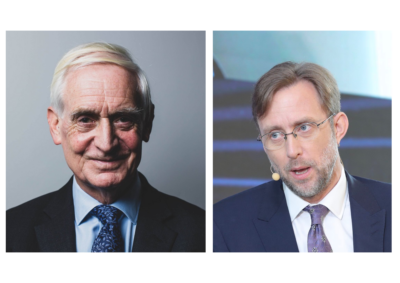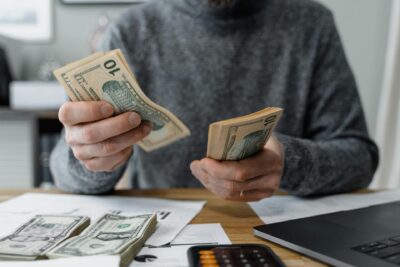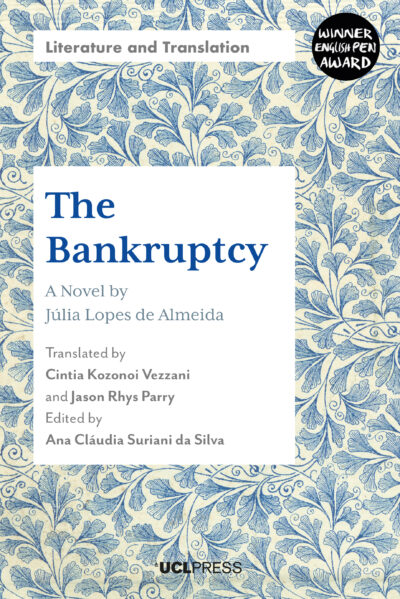Changing Wildfires – How the World Needs to Adapt to Living with Fires (Lecture by Prof. Thomas ELMQVIST)
イベント予定講演会/LectureWednesday, February 18, 2026, 15:30-16:30 JST
Wildfires are becoming more frequent and intense, even in historically less affected regions. This talk examines the drivers, consequences, and management of changing wildfire dynamics. A more flammable landscape—shaped by climate change, land abandonment, and afforestation—is intensifying fire regimes globally. While most of the 780 million hectares that burn annually are low-intensity savanna fires, high-intensity, destructive wildfires are increasing. Fire is an ancient ecological process with both benefits and harms, shaping ecosystems yet threatening lives and property. As suppression alone is insufficient, I advocate proactive adaptation through prevention, restoration, land-use planning, coordination, and improved fire literacy.


